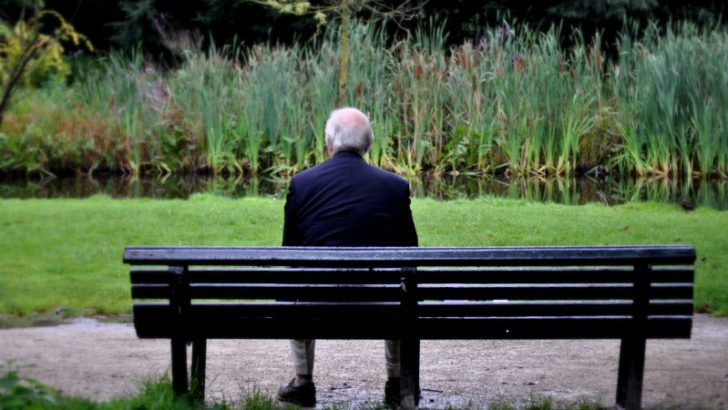Fr Bernard Healy
Every January, the clergy of my Diocese gather for our annual assembly. We spend three days away together for renewal and ongoing formation. Until recently this was a Priests’ Assembly, but now we have been enriched by the presence of our Permanent Deacons. We take those three days to listen to speakers and to spend time with each other in prayer and conversation.
With most priests living alone in their parishes, the kind of learning and relaxation that comes from sharing a table with fellow clergy is no longer found daily in the presbyteries of the Diocese. Nowadays it is something to be intentionally cultivated.
This year we had an interesting mix of speakers. On the first day, Gerard Gallagher (Archdiocese of Dublin) spoke about the challenges and opportunities in sharing faith with the so-called ‘millennial’ generation, those young people born after about the year 1981 who entered adulthood at the beginning of the current millennium.
Sr Joan Roddy, who used to work with the Irish Bishops’ Refugee and Migrant Project, was the second day’s speaker dealing with issues of migration, both from the perspective of what Pope Francis says about this global phenomenon as not just a challenge, but also an opportunity for the Church, and the reality on the ground in Ireland for those who come to this country seeking safety and a better future. Bro. Richard Hendrick, a Capuchin from Ards Friary in Co. Donegal closed our assembly with a fine presentation on meditative and contemplative prayer.
Striking point
One of the striking points made by Gerard Gallagher was that the millennials who have contributed to the preparation for the 2018 Synod of Bishops consistently mention the pressure they experience from their contemporaries to either keep their faith purely private or to not practice their faith at all. That’s not simply a problem for the young, of course.
The recent death of Peter Sutherland gave Declan Ganley the occasion to tweet the story of an occasion when Ganley and his wife were at a weekend gathering with Sutherland and others. When the Ganleys mentioned that they wanted to get Sunday Mass, this was met with “immediate derision” from all present except Sutherland.
The unwillingness of our culture even to politely respect religious practice explains why pilgrimages are so appreciated by those millennials who have faith. The chance to unapologetically practice and discuss faith in a friendly and welcoming environment becomes a necessity.
I know that being in Rome for World Youth Day back in 2000 gave me the space and confidence to figure out my own calling to priesthood, and our International Eucharistic Congress in 2012 was appreciated by thousands of ordinary Catholics as being an occasion where one could just ‘be Catholic’ and try to deepen faith in the company of others who share that Catholic vision.
We all need an opportunity to recharge. Whatever else we do as parishes (or indeed for ourselves as individuals) we need to make space and time where we can be encouraged in our faith, develop friendships with our fellow Catholics and give prayerful attention to the challenges the world makes to us.
We also had the chance to hear from Teresa Elumelu who spoke about her experience of settling in Tralee having had to leave her native Nigeria. It was heartening to hear how, as a person of faith, her involvement in parish life helped her make a home in Tralee. She made the excellent point that many in her situation might be nervous about whom they can share their history or their circumstances with. Deal with the face in front of you, Teresa says, not their story. Compassion and a respect for human dignity should always be our priority.
Of a mind…
Bro. Richard Hendrick made the point that those involved in parishes should not be flustered when approached by parishioners interested in mindfulness or other forms of meditation that have their origins outside the Christian tradition.
The desire for stillness and the techniques to achieve it are a necessary foundation for Christian prayer. We should be able to introduce people interested in this kind of stillness to the methods of prayer developed by centuries of Christian mystics and spiritual directors. Perhaps we should think about how parishes can respond to that most basic of requests” “Teach us how to pray.” How many of us have been taught nothing about prayer since we left school?



